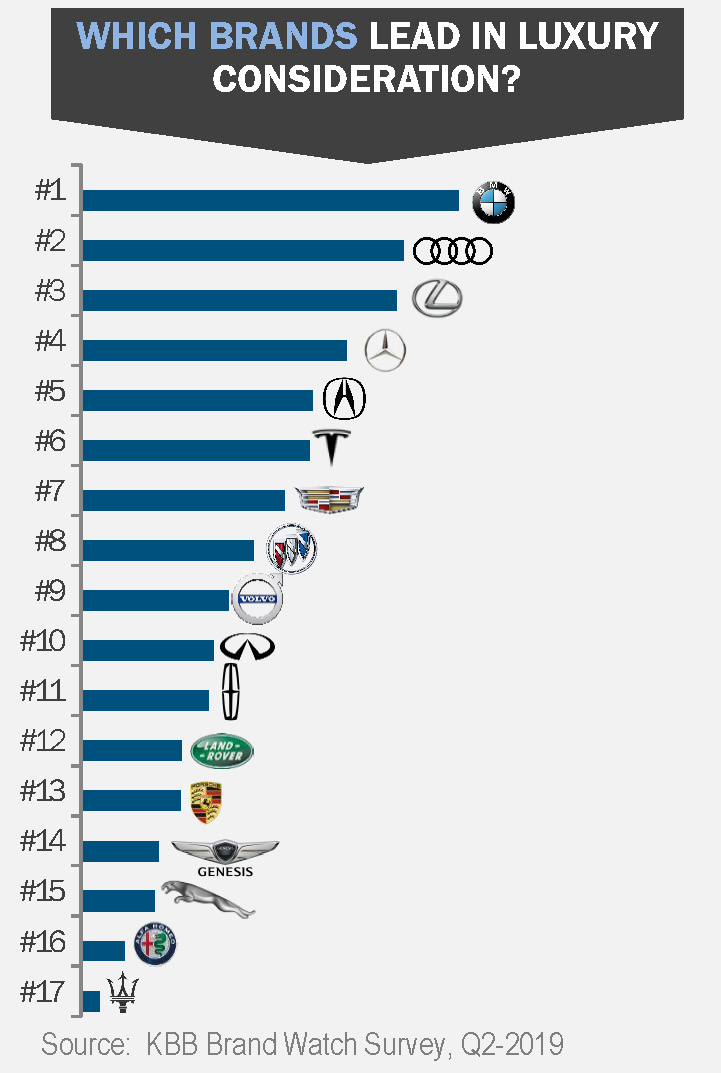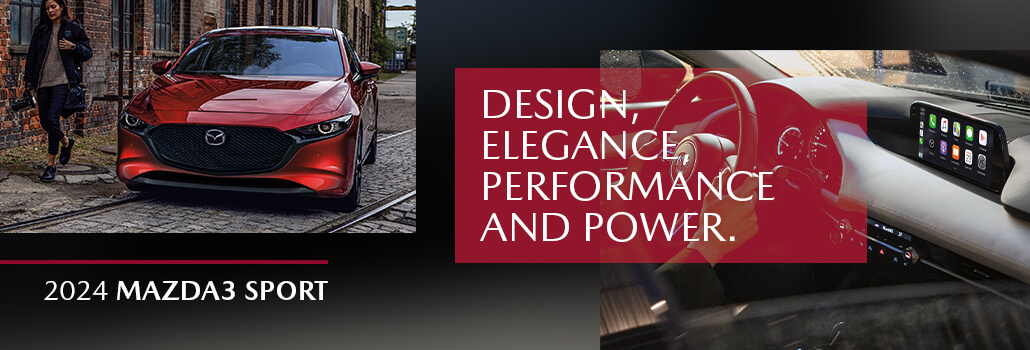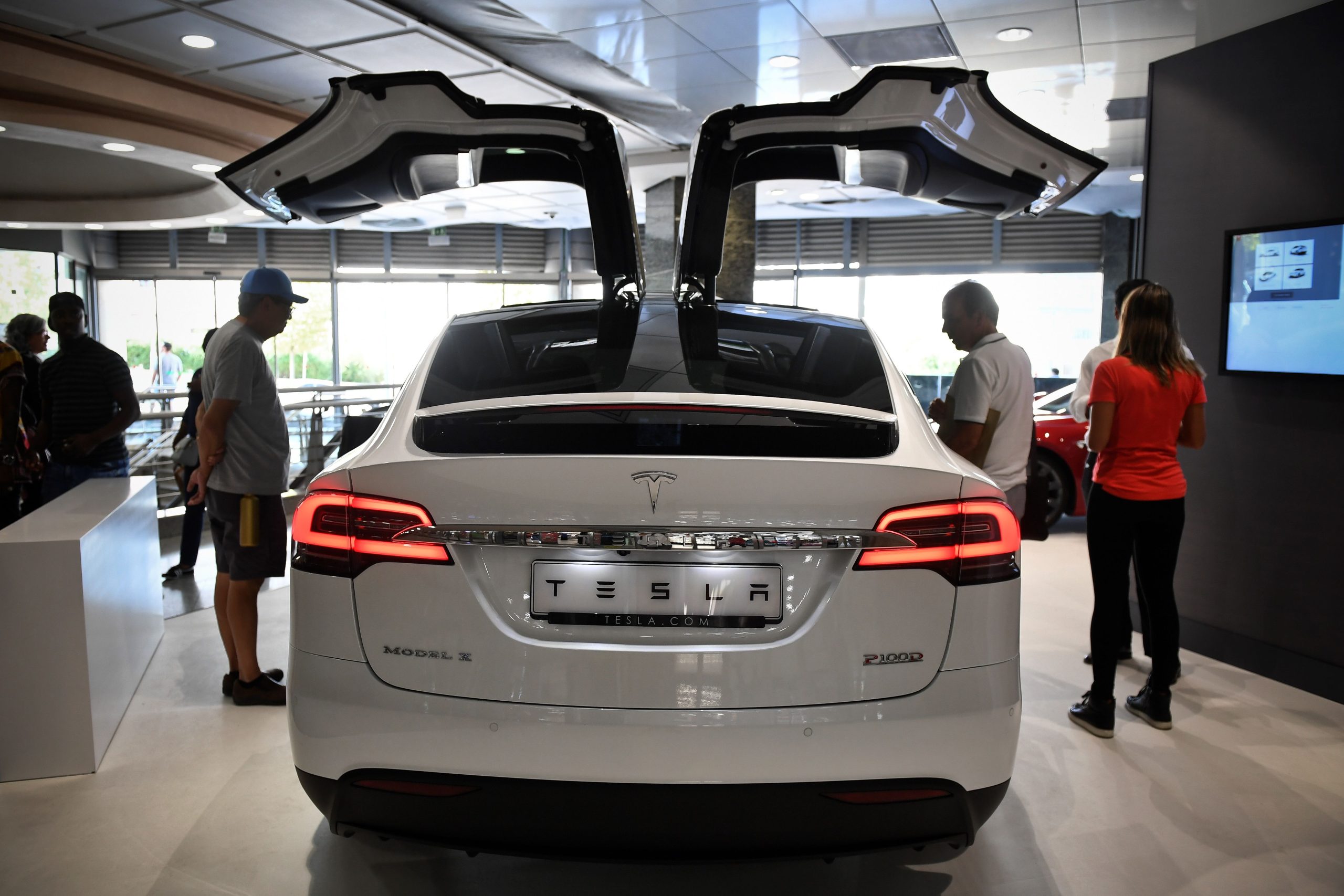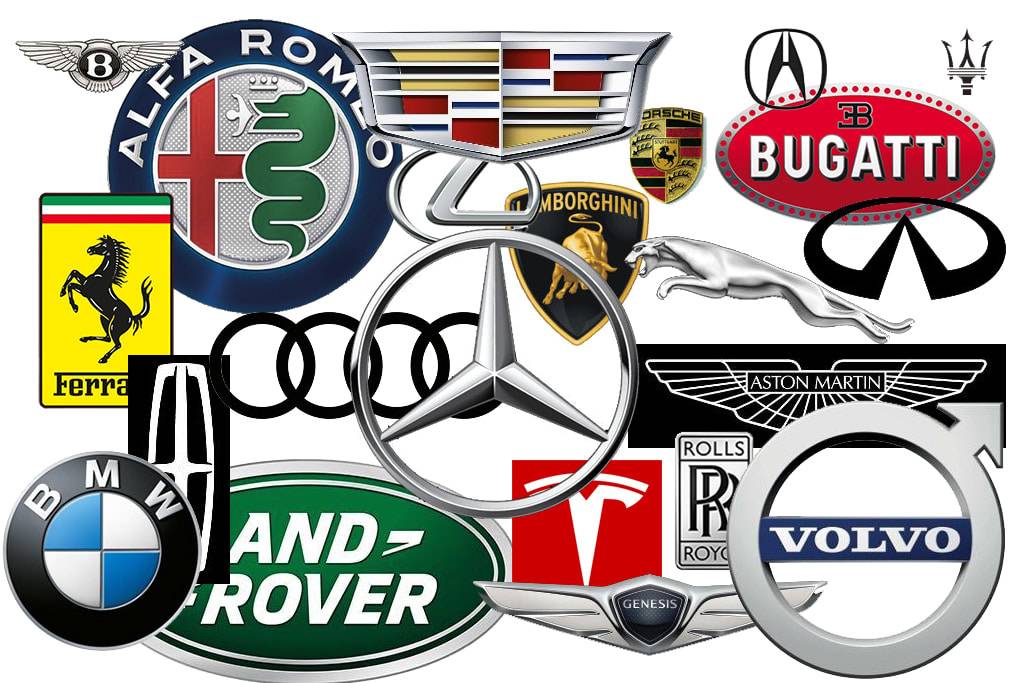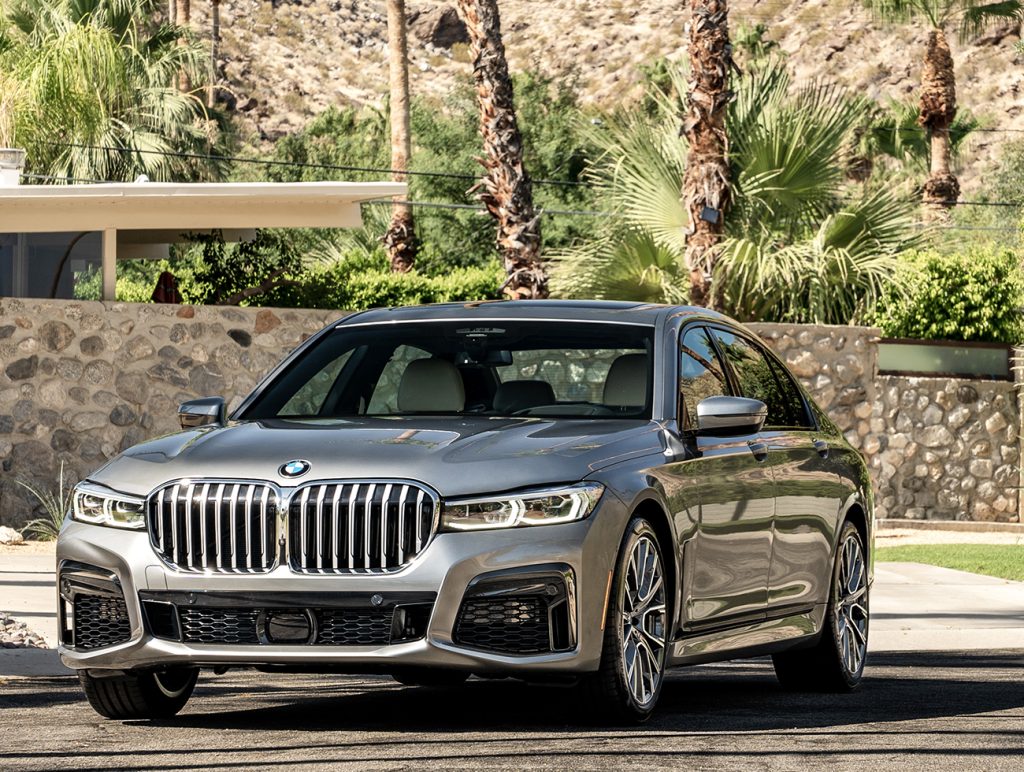What is Considered a Luxury Car
A luxury car is a high-end vehicle that offers premium features, superior comfort, and advanced technologies. These vehicles often showcase exceptional craftsmanship and performance capabilities.
Luxury cars stand apart through their high-quality materials, meticulous attention to detail, and elevated brand status. Car enthusiasts and consumers equate luxury vehicles with a combination of prestige, sophistication, and the latest in automotive innovation. These cars typically come at a higher price point, reflecting the advanced features and exclusivity they offer.
Leading luxury car manufacturers such as Mercedes-Benz, BMW, Audi, and Lexus continually set industry standards with their opulent vehicle offerings. They cater to those seeking a driving experience that transcends basic transportation, emphasizing comfort, style, and a statement of success.
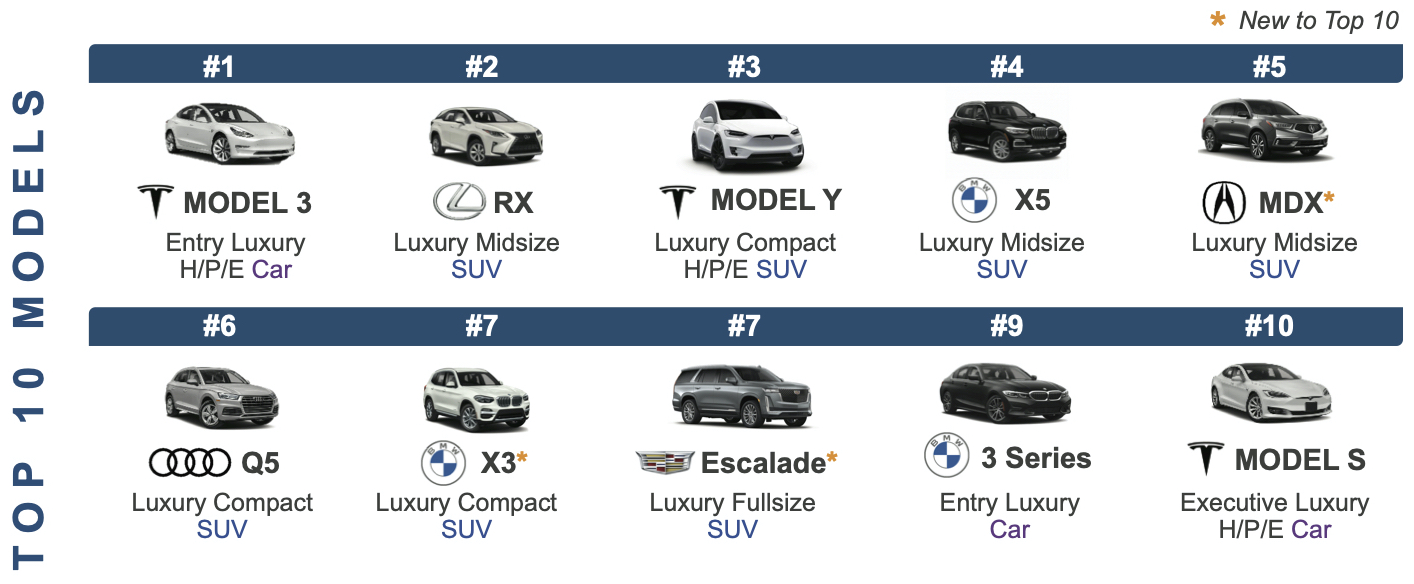
Credit: www.coxautoinc.com
The Essence Of Luxury Cars
The Essence of Luxury Cars transcends the mere act of transport. Luxury vehicles embody sophistication, cutting-edge technology, and extraordinary comfort. They aren’t just cars; they symbolize status, success, and the pinnacle of automotive craftsmanship.
Defining Luxury In The Automotive World
What makes a car “luxury” goes beyond its price tag or brand prestige. Luxury cars offer an unparalleled driving experience, marked by superior performance and exquisite attention to detail. It’s about the seamless integration of advanced features and a bespoke feel that caters to the driver’s every whim.
Key Features That Set Apart Luxury Vehicles
- High-End Materials: Think real wood trim, supple leather seats, and high-quality metals.
- State-of-the-Art Technology: This includes the latest infotainment systems, connectivity options, and cutting-edge safety features.
- Performance: Premium powertrains and finely tuned suspensions deliver a smooth yet dynamic ride.
- Superior Craftsmanship: Precision engineering and flawless assembly underscore the vehicle’s exclusivity.
- Personalization Options: Customization allows buyers to create a car that’s truly their own.

Credit: news.indigoautogroup.com
Historical Evolution Of Luxury Automobiles
The journey of luxury cars tells a story of innovation, prestige, and the relentless pursuit of comfort. Decades of evolution have transformed luxury automobiles into much more than means of transportation. They are now symbols of status, innovation, and advanced technology.
Pioneers In Luxury: A Brief History
The origin of luxury cars dates back to the early 1900s. Brands like Rolls-Royce and Duesenberg set the standard for style and opulence. These automobile pioneers emphasized hand-craftsmanship, exclusivity, and superior performance. The iconic Rolls-Royce Silver Ghost, launched in 1907, is often hailed as the first true luxury car, setting benchmarks for luxury and refinement that continue to resonate today.
Post-war sedans and limousines from the likes of Cadillac and Mercedes-Benz came to define luxury in the automobile world. These cars featured expansive interiors, lush materials, and smooth rides, making them favorites among the elite.
Technological Advancements Shaping The Luxury Segment
Over time, luxury cars have become showcases for cutting-edge technology. Starting from features like power steering and automatic transmission to the latest in infotainment systems, autonomous driving, and electric powertrains, luxury cars lead the charge in vehicle innovation.
- 1950s: Introduction of air conditioning and power windows
- 1960s: Emergence of safety features like seat belts and ABS
- 2000s: Advent of GPS navigation and hybrid technology
- 2020s: Expansion of electric vehicles and self-driving capabilities
Today’s luxury cars incorporate features that prioritize comfort, safety, efficiency, and connectivity. Futuristic designs and green technologies are increasingly prominent, catering to a more eco-conscious clientele without compromising on performance or comfort.
Brands That Epitomize Automotive Luxury
When dreaming of sheer driving pleasure and opulence, luxury car brands come to mind. Indulge in a world where timeless elegance merges with modern innovation. These marques set the gold standard in automotive luxury.
The Usual Suspects: A Look At Top Luxury Automakers
Luxury vehicles are not just cars; they are symbols of status, achievement, and a commitment to quality. Certain brands have become icons in this prestigious landscape.
- Rolls-Royce: Revered for unmatched craftsmanship.
- Mercedes-Benz: A blend of performance and sophistication.
- BMW: The epitome of driving pleasure and luxury.
- Audi: Renowned for advanced technology and comfort.
- Lexus: Delivers innovative design alongside reliability.
- Porsche: Offers a sporty edge with opulent interiors.
Emerging Players In The Luxury Car Market
The luxury car landscape is witnessing exciting developments, with new players creating waves and challenging the established hierarchy.
- Tesla: Pioneering the electrified luxury experience.
- Genesis: Emerging with a blend of style and luxury.
- Lucid: Redefining expectations with innovation.
These brands are gaining recognition for their unique take on what a luxury car should embody. They mix tradition with cutting-edge features, signaling a bright future for luxury automotive enthusiasts.
The Economics Of Owning A Luxury Car
Owning a luxury car is a dream for many, but it comes with unique economic considerations. It’s not just about the initial price tag; it’s an ongoing commitment. Luxury cars have certain economic implications, including higher insurance costs, maintenance expenses, and distinct trends in depreciation. Let’s explore the intricate economics of possessing a luxury automobile, addressing its price premiums and resale value intricacies.
Price Premiums For High-end Features
Luxury cars offer top-tier features that set them apart. Owners pay more for superior engineering, refined interiors, and advanced technology. Features like leather seats, powerful engines, and cutting-edge infotainment systems attract a price premium. Buyers should consider the long-term value of these upgrades. Some features, like advanced safety systems, may serve to reduce insurance premiums, contributing to the overall economics of luxury car ownership.
- Performance enhancements such as turbocharged engines
- Convenience features like remote start and advanced navigation systems
- Safety technology, including blind-spot monitoring and lane-keeping assist
Resale Value And Depreciation Trends
Luxury cars are known for their steeper depreciation compared to mainstream vehicles. However, the resale value can vary widely based on brand reputation, model popularity, and vehicle condition. Certain luxury cars hold their value better due to timeless design or reputation for reliability.
| Year | Value Retention (%) |
|---|---|
| 1 Year | 75% |
| 3 Years | 60% |
| 5 Years | 50% |
Careful research into models with slow depreciation rates can be a smart financial move. Moreover, proactive maintenance and meticulous care can help retain more value.
Contemporary Trends In Luxury Car Design
The realm of luxury cars is synonymous with innovation and grandeur. Each model year introduces luxury vehicles that showcase the latest trends in automotive design and technology. These sophisticated machines not only offer peak performance but an unparalleled driving experience, replete with the finest materials and advanced features that cater to the most discerning tastes. Let’s explore how contemporary trends are shaping the future of luxury car design.
Innovations In Comfort And Technology
Luxury cars set standards for comfort and tech. Today, they boast features that transform the cabin into a sanctuary. Consumers can expect:
- Adjustable Ambient Lighting: Customize the mood inside your car.
- Massaging Seats: Turn drives into a spa-like experience.
- Advanced Infotainment: Command your car with superb touchscreens.
- Connectivity: Stay connected with Wi-Fi and smartphone integration.
These innovations aim to create a seamless, luxurious journey where convenience and pleasure converge.
Eco-friendly Moves: Luxury Goes Green
Luxury car brands are weaving sustainability into their DNA. The emergence of electric powertrains signals a new era. Brands are offering:
| Feature | Benefit |
|---|---|
| Electric Motors | Reduce emissions for a cleaner drive. |
| Recycled Materials | Uphold luxury while respecting the planet. |
| Energy-Efficient Systems | Augment performance with sustainability in mind. |
These green initiatives demonstrate luxury cars can be both lavish and responsible.
Future Prospects Of Luxury Vehicles
The landscape of luxury vehicles is undergoing an exhilarating transformation. Advancements in technology are paving the way for innovations that will redefine the luxury driving experience. From features ensuring enhanced comfort to groundbreaking environmental benefits, the future of luxury vehicles is set to offer an exceptional combination of performance, sophistication, and sustainability.
Autonomous Driving: The Next Frontier For Luxury
Self-driving technology promises to revolutionize the way we think about mobility. Luxury car manufacturers are at the forefront, integrating autonomous features that combine safety with opulence. High-end vehicles will soon offer drivers the freedom to relax or work while commuting, turning travel time into productive or leisure moments.
- Advanced sensors and AI: Ensure a blend of comfort and safety.
- Premium interior design: Maximizes comfort for passengers.
- Personalization options: Allow users to tailor their in-vehicle experience.
The Role Of Electric Powertrains In Future Luxury Designs
Electric vehicles (EVs) represent the new standard in luxury automotive design. They offer a cleaner, more efficient means of transportation without compromising on power or style. Future luxury cars will likely be electric, boasting zero emissions, rapid acceleration, and exclusive features. With battery technology advancing, long ranges and fast charging are becoming the norm.
| Feature | Benefit |
|---|---|
| Instant Torque | Smooth and responsive acceleration |
| Low Center of Gravity | Enhanced stability and handling |
| Quiet Operation | Silent, serene driving experience |
Electric luxury vehicles bring together elegance, innovation, and environmental stewardship. As society becomes increasingly eco-conscious, these vehicles stand as a testament to sustainable luxury.
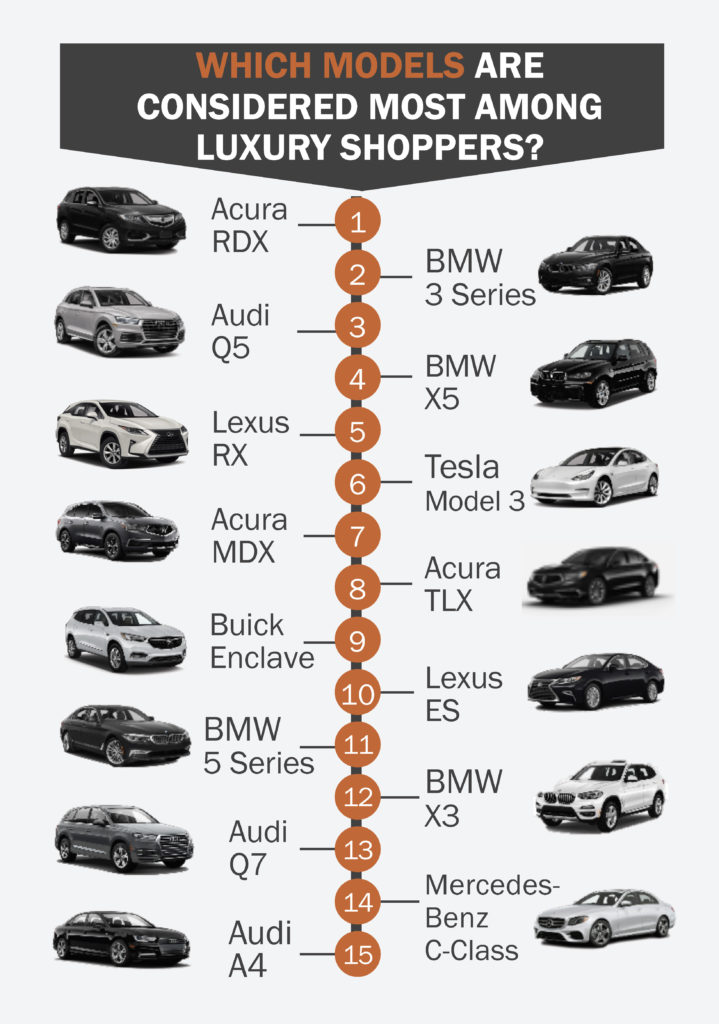
Credit: www.coxautoinc.com
Frequently Asked Questions Of What Is Considered A Luxury Car
What Defines A Luxury Car?
A luxury car is defined by its high-quality craftsmanship, advanced technology, and premium materials. These vehicles often offer superior performance, comfort, and a higher level of amenities compared to standard automobiles.
How Much Does A Luxury Car Cost?
The cost of a luxury car varies widely but typically starts at around $35,000 and can exceed $200,000 for ultra-luxury models. Prices reflect the brand, performance, and exclusive features of the vehicle.
What Brands Make Luxury Cars?
Luxury car brands include but are not limited to Mercedes-Benz, BMW, Audi, Lexus, and Cadillac. These manufacturers are known for their prestigious vehicles that emphasize comfort, technology, and design.
Are Luxury Cars Worth The Investment?
Luxury cars can be worth the investment for those valuing advanced features, brand prestige, and driving experience. However, they often come with higher maintenance costs and depreciation rates.
Conclusion
Wrapping up, luxury cars stand apart with their superior quality, performance, and prestige. They embody comfort, cutting-edge technology, and brand value. Deciding on the perfect luxury vehicle comes down to individual preferences and what one deems quintessentially opulent. For those seeking the ultimate driving experience, the journey into the realm of luxury cars promises unparalleled satisfaction.

